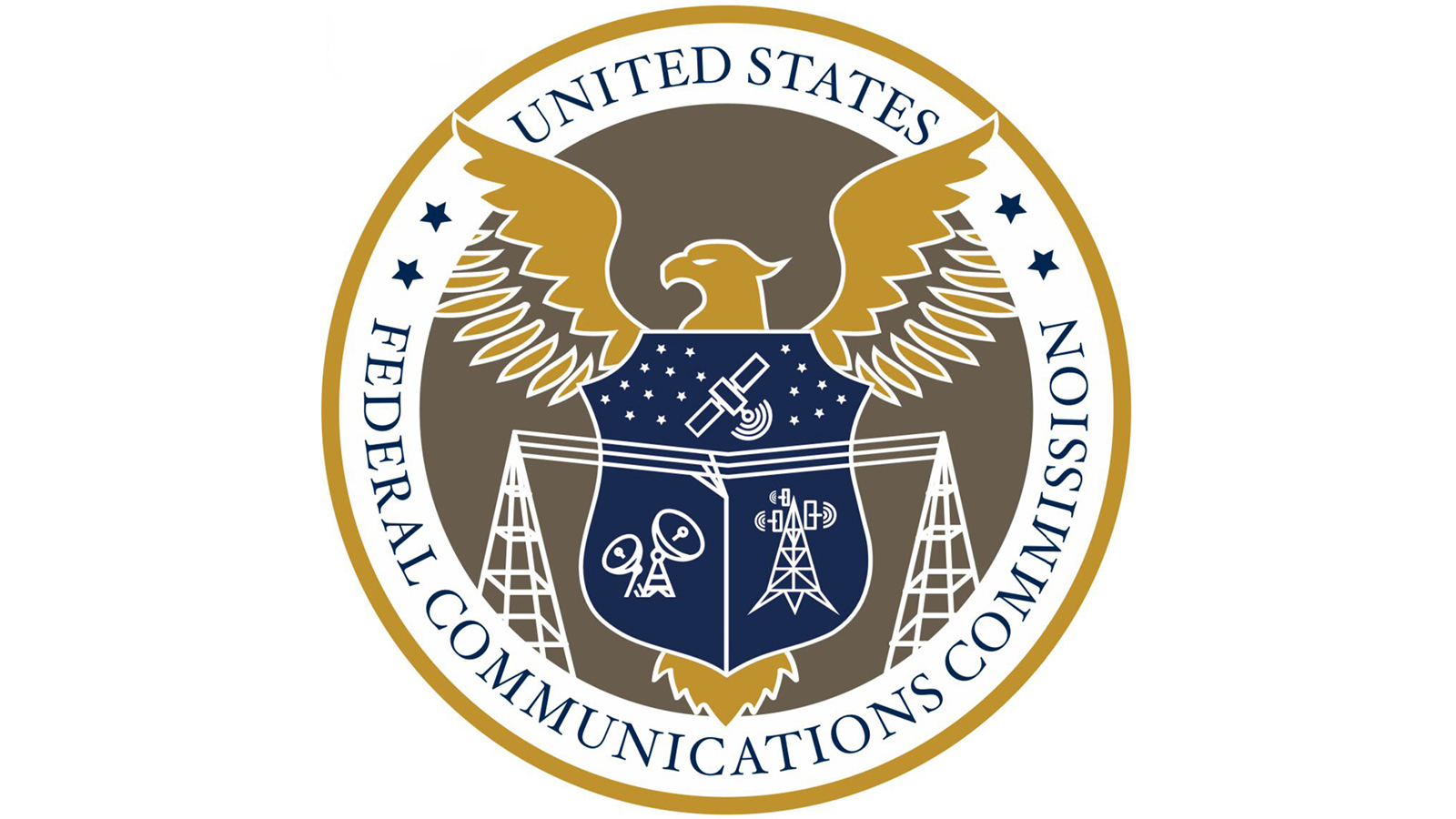Computer Cos. Oppose EEI Petition to Delay 6 GHz Sharing

The smarter way to stay on top of the multichannel video marketplace. Sign up below.
You are now subscribed
Your newsletter sign-up was successful
Computer giants including Facebook, Apple, Google and Microsoft have joined to tell the FCC to reject a petition to stay the implementation of its decision to authorize unlicensed operations in the entire 6 GHz band, which is also used by licensed operators including broadcasters, utility companies and others.
Related: Broadcast, Cable Square Off Over 6 GHz
Back in April, the FCC voted unanimously to allow the entire 1,200 MHz of the 6 GHz band to be shared with unlicensed Wi-Fi, the FCC's latest move in freeing up more spectrum for connecting 5G in-home devices--video streaming, video calls--and connecting IoT devices to the internet.
The Edison Electric Institute, whose regional electric utility members serve 220 million customers, had sought a preliminary stay of that decision--specifically to let unlicensed indoor devices operate in the band--while it challenged it in the U.S. Court of Appeals for the D.C. Circuit, which has principle jurisdiction over FCC decisions.
EEI argues that allowing indoor unlicensed use is a threat to public safety and critical infrastructure.
EEI says the FCC did not do its due diligence when it came to concerns raised and studies submitted. EEI said it was a rushed decision that ignored evidence that allowing "unfettered and untraceable" operation was a threat to the electric grid, specifically the "existing 6 GHz wireless stations and networks are key components protecting the integrity of our members’ electric distribution and transmission facilities."
The computer companies say that far from not doing its due diligence, the FCC "carefully engaged with these issues over the course of a lengthy and detailed proceeding." Given that, EEI is unlikely to meet even the first prong of the four-pronged stay test--likelihood of winning in court.
The smarter way to stay on top of the multichannel video marketplace. Sign up below.
The other tests are irreparable harm to itself or others if the stay is not granted and that the public interest would favor a stay.
The companies say the FCC decision is not irreversible, that the FCC could remove unlicensed devices that might cause interference through enforcement action, and "overlooks" the harms a stay would cause to other parties and to the public interest.
Also joining in the opposition to the EEI petition were Qualcomm, Cisco, Broadcom, Hewlett Packard, Mi NXP, Ruckus Networks (CommScope).
Cable ops generally support the FCC decision to share the 6 GHz spectrum since it frees up more spectrum for unlicensed Wi-Fi, still their primary mobile broadband play.
Broadcasters oppose the decision because they use the spectrum for field-to-studio transmissions and electronic newsgathering and, like EEI, are concerned about harmful interference from widespread use of the band without automatic frequency coordination.
Contributing editor John Eggerton has been an editor and/or writer on media regulation, legislation and policy for over four decades, including covering the FCC, FTC, Congress, the major media trade associations, and the federal courts. In addition to Multichannel News and Broadcasting + Cable, his work has appeared in Radio World, TV Technology, TV Fax, This Week in Consumer Electronics, Variety and the Encyclopedia Britannica.

